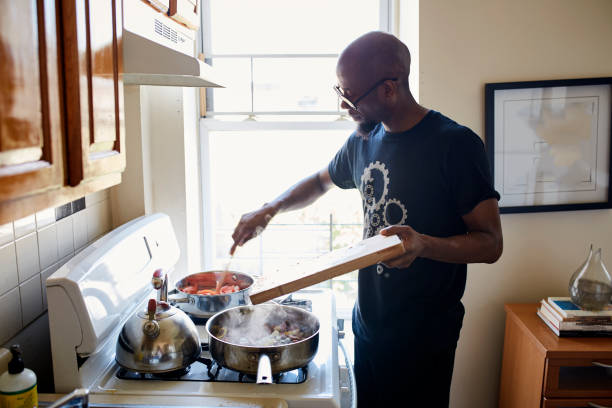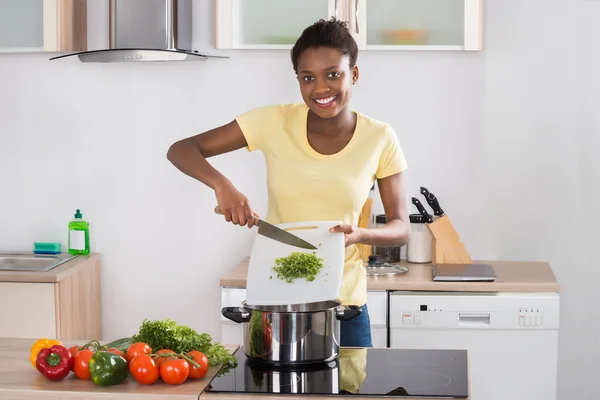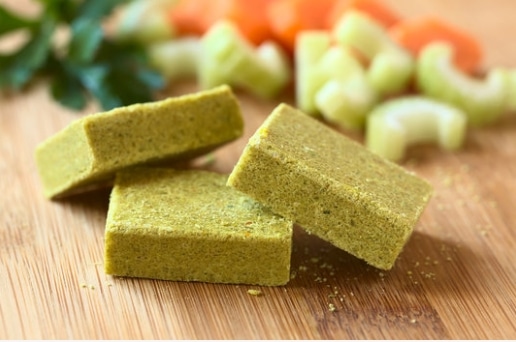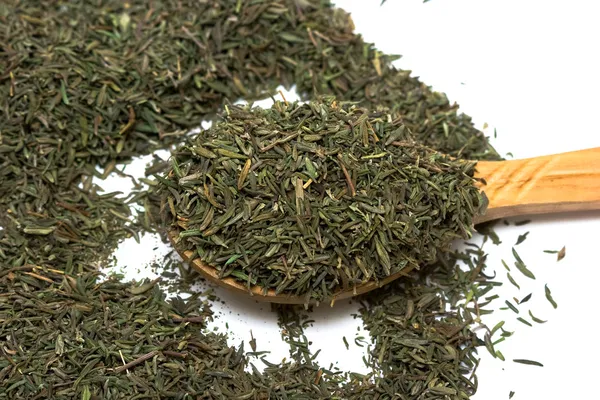Cooking is an essential part of our daily routine, but it can also be a breeding ground for harmful bacteria and viruses if proper hygiene practices are not followed.
An unhygienic cooking environment can lead to foodborne illnesses, which can cause severe health problems and even hospitalization.
The thought of getting sick from something we eat can be daunting, especially if you have a weak immune system or young children to take care of.
Not to worry though, with some simple hygiene tips, you can ensure that your cooking area is safe and clean, and the food you prepare is healthy and delicious.
In this article, we will discuss some essential hygiene tips for cooking that can help you prevent foodborne illnesses and keep your family safe and healthy.
10 Vital Hygiene Tips for Cooking
Here are the ten hygiene tips for cooking you should follow for optimum cooking safety.
1. Keep your cooking area clean
This is the foremost hygiene tip for cooking. So before you start cooking, make sure your cooking area is clean and free of any clutter or debris.
Furthermore, keep a clean board clean, dry cutting board is essential for safe food preparation. Avoid using the same cutting board for raw meat, fish, and eggs.
When washing your boards in a dishwasher, remove all traces of blood or other contaminants. You can also use non-abrasive cleaners on wooden boards like teak or bamboo.
2. Wash your hands before and after cooking
Washing your hands before and after cooking is the most critical step in keeping food safe.
It’s easy to forget, but it’s important to wash your hands for at least 20 seconds–even if you don’t have time to scrub or soak them in a sink full of water.
3. Clean your utensils after each use
This is one of the most vital hygiene tips for cooking, so ensure that you thoroughly clean your utensils after each use.
You can use a sponge or dishcloth to wash in warm soapy water and then rinse properly. Dry with a towel, and don’t use the same sponge for everything.
In addition, avoid leaving clean utensils in the sink or dishwasher, as this can get them contaminated with bacteria from other foods on your plate that you just washed off of them.
4. Replace your sponge every week or two
Sponges can be breeding grounds for bacteria. This is why you should replace the sponge in your sink or dishwasher every week or two.
To clean a sponge, just wash it under hot water and let it air dry. It’s also essential to store sponges in an area where they won’t be exposed to sunlight (such as a cabinet).
5. Wash your veggies and fruits thoroughly
No matter how clean your fruit and vegetables look, always wash them before you cook or eat.
Your fruits and vegetables can be cleaned with cold running water to remove dirt and chemicals. In addition, you aren’t sure who handled the fruit or veggie before you bought it.

6. Cover your mouth and nose when you cough or sneeze
This is critical to maintaining hygiene in the cooking area because coughing or sneezing can spread harmful bacteria and viruses from your mouth and nose onto the food you are preparing.
Covering your mouth and nose with a tissue or your elbow can help prevent the spread of these harmful microorganisms and keep the food you are preparing safe and healthy for consumption.
It is essential to follow this hygiene tip to prevent the risk of foodborne illnesses and keep your cooking area clean and hygienic.
7. Thoroughly cook your meals
Always see to it that your meals are properly cooked. Never rush through meal preparation because undercooked food can contain bacteria that can cause indigestion and, eventually, food poisoning.
Make sure to properly boil your meat, especially red meat, to eradicate harmful bacteria properly.
8. Properly store your food
Food storage is just as important as thorough and attentive cooking. First and foremost, clean the interior of your refrigerator every month or two to ensure proper hygiene and the elimination of bad odors.
When storing food in your refrigerator, be careful to cover everything. Always read the storage instructions on packaged foods. Also, remember to check the expiration date to avoid eating food that has passed its expiration date.
9. Dispose of food waste properly
Food waste can attract pests and insects, which can contaminate your cooking area and lead to foodborne illnesses.
To prevent this, make sure to dispose of food waste in a sealed container and take it out regularly. This will help keep your cooking area clean and free of any unwanted pests.
10. Don’t touch your face or hair while cooking
Touching your face, hair, or any other part of your body can transfer germs onto your hands, which can then be transferred onto the food you are preparing.
This can lead to the spread of foodborne illnesses and pose a serious health risk to you and those who consume the food.
Therefore, it is essential to avoid touching your face, hair, or any other part of your body while cooking to maintain a hygienic cooking environment and prevent the spread of harmful microorganisms.
Conclusion
Although you might be an excellent chef, it’s crucial to maintain proper kitchen hygiene. The process of making your meals is just as important as the taste of your meals. Remember to scrub your hands well and wash them before, during, and after cooking.
YOU SHOULD ALSO READ:
- 7 Healthy Ways to Ensure Food Safety
- 10 Important Cooking Gas Safety Tips You Must Know
- 10 Crucial Hygiene Tips For Big Guys (Plus Size Men)
- 8 Important Hygiene Tips For Teenage Guys
- 7 Clothes Hygiene Tips You Must Follow
- 5 Ways To Keep Your Kitchen Germ-Free
Collins Nwokolo is a human physiologist, writer and health enthusiast. He loves writing helpful articles on health and fitness, which he enjoys sharing with everyone.








